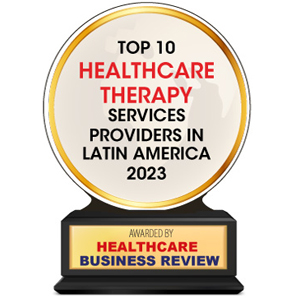In the realm of healthcare, therapy stands as a pivotal cornerstone for addressing a wide array of medical conditions and enhancing overall well-being. Over the past few years, the landscape of healthcare therapy has undergone a remarkable transformation, ushering in groundbreaking innovations and approaches that have revolutionized patient care. From leveraging cutting-edge technology to embracing holistic methodologies, the latest developments in healthcare therapy signify a profound shift toward more personalized, effective, and accessible treatments.
One of the most notable trends shaping the contemporary healthcare therapy space is the integration of technology. Innovations like telemedicine and remote monitoring have surged, empowering patients to access healthcare services conveniently. The widespread adoption of teletherapy platforms has enabled individuals to receive mental health counseling, consultations, and follow-ups from the comfort of their homes, breaking down geographical barriers and improving healthcare accessibility.
Furthermore, the convergence of traditional therapeutic practices with complementary and alternative medicine has gained significant traction. Integrative therapies, encompassing approaches such as acupuncture, mindfulness-based interventions, herbal remedies, and yoga, have garnered attention for their holistic approach to healing. The amalgamation of conventional medicine with these complementary modalities offers patients a more comprehensive and patient-centric approach to healthcare.
However, despite these remarkable advancements, challenges persist in the healthcare therapy space. Issues related to data privacy, regulatory frameworks, equitable access to innovative treatments, and the integration of these novel therapies into standard healthcare practices require continuous attention and resolution.
The latest developments in healthcare therapy underscore an era of transformative change, driven by technological innovation, personalized approaches, and a shift towards holistic patient care. The convergence of technology with traditional healing practices, coupled with a focus on precision and personalized medicine, promises a future where healthcare interventions are more effective, accessible, and tailored to individual needs. As we navigate these advancements, it is crucial to address the associated challenges and ensure that these groundbreaking therapies reach those who stand to benefit the most.















